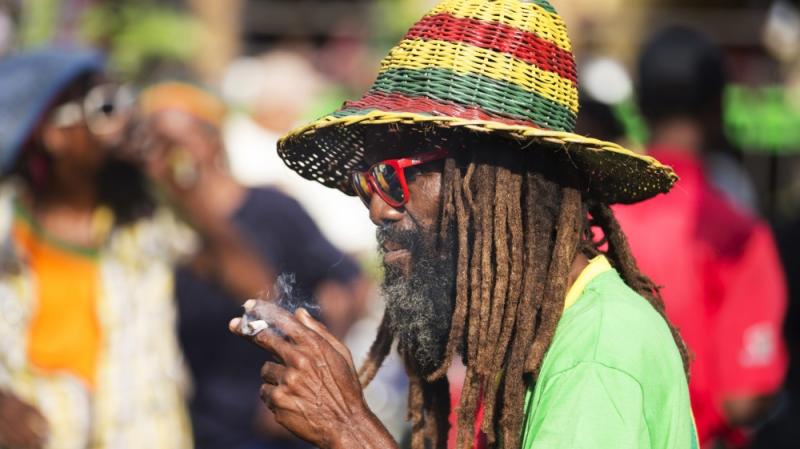×
The Standard e-Paper
Kenya’s Boldest Voice

The acrid and distinct smell of marijuana rises and blends with the scent of raw unprocessed coffee that is brewing in Kevin Nduati’s home in Nairobi’s Utawala estate.